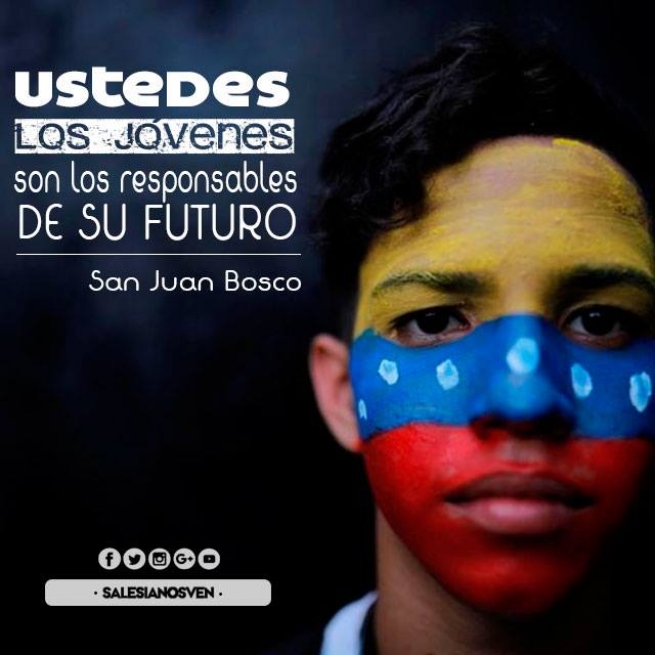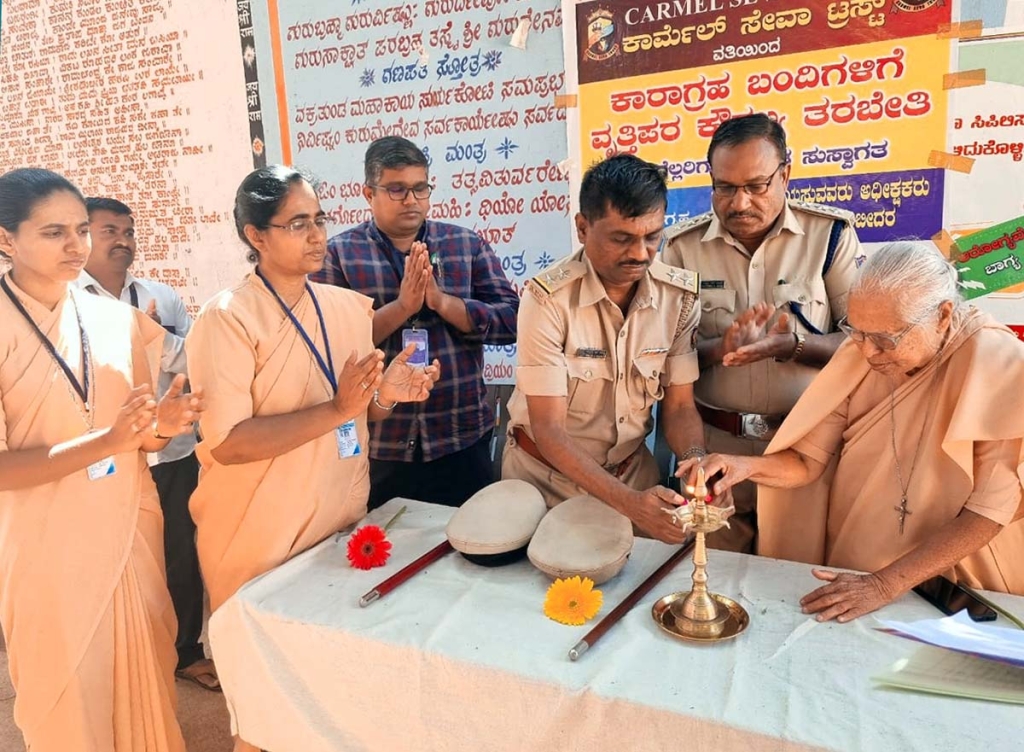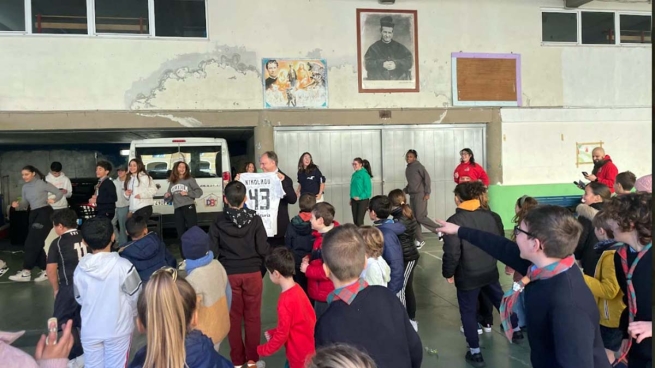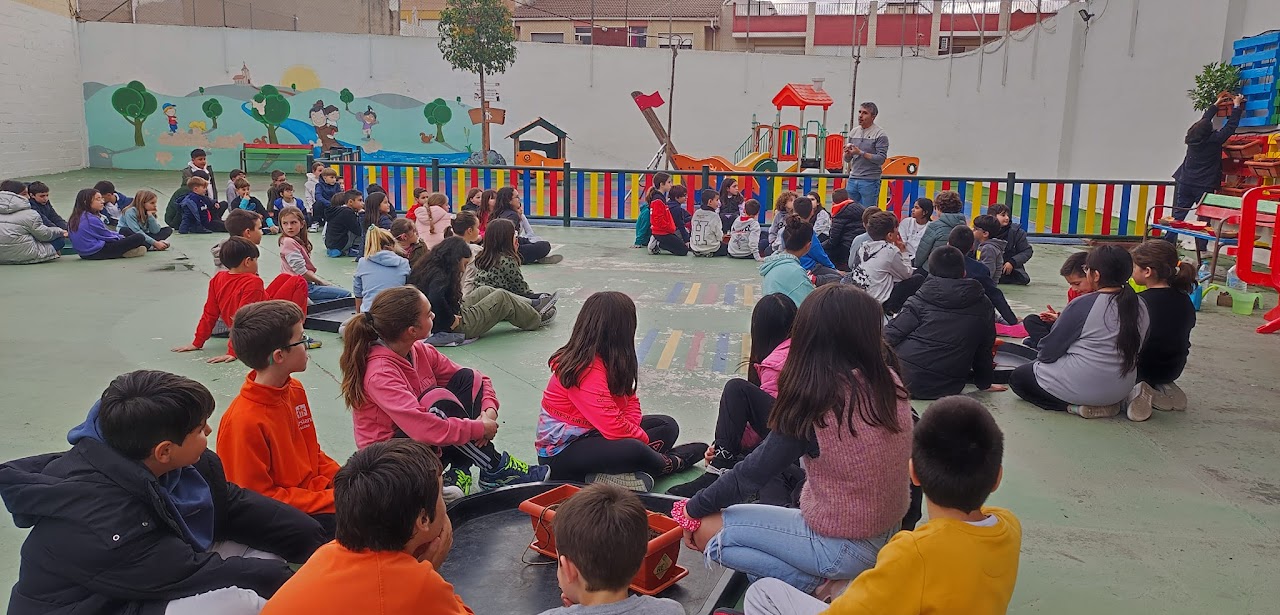VENEZUELA: Salesian missionaries continue providing social programs for poor youth and their families despite economic and political instability

(MissionNewswire) Despite economic and political instability in Venezuela, Salesian missionaries continue to take care of poor youth and their families in the country. Venezuelan journalists, M. Castro and J. Lafuente, recently described the situation in the country saying, “The needs, which include hunger, lack of water and continuous power cuts impose themselves on politics in this devastated Venezuela. Today, the Venezuelan does not live, he survives.”
Another journalist, Federica Bello, for La Voce e il Tempo, recently interviewed Salesian Father Rafael Andrés Borges at the Don Bosco Mission in Caracas. He noted, “Venezuela is going through a very painful phase. Weighing upon it are 20 years of social defeat caused by both a serious political confusion with a very fragile practice of democracy and from a serious moral weakening. These elements constitute fertile ground, negative, due to the increase of some viruses in Venezuelan social life.”
Father Borges continued, “In this difficult social, political and economic context, the Salesian Family of Venezuela has faced the challenge of celebrating well the holiness of Don Bosco, despite the limitations of economic and social security: a sign that all the Salesian works of this Venezuela continues to bet on arriving at justice and peace in democracy.”
Salesian missionaries continue to focus on helping those who remain in the country. In Caracas, two Salesian organizations—Red de Casas Don Bosco and the Patio Abierto Don Bosco—aim to improve the lives of street children by connecting them with shelter, meeting their basic needs and providing education. For many, living on the street and trying to make a meager living has become a way of life. Some street children would like access to programming while others prefer to remain on the street. Salesian missionaries work to provide the services they can and meet youth where they are.
Red de Casas Don Bosco offers shelter to more than 1,300 street children across the country in 10 Salesian houses. These houses are part of a group of 86 non-governmental shelters in addition to 27 operated by the state. In total, these shelters are able to house as many as 5,000 children and teens referred by the courts.
In the city of Barinas, located in west central Venezuela, Salesian missionaries operate an agriculture school that includes a large plot of land for cultivation and pastures for animal breeding. Nearly 200 students, aged 15 to 18, attend the school, all of whom board there.
Recently, Salesian missionaries at the agriculture school have started three small agro-zootechnical projects including rearranging and repopulating an existing chicken coop, providing for the repair of hives to restart the production of honey and starting a rice crop on two hectares of land. The yield from these projects will ensure food for teachers and students and will also be sold to bring in revenue for the school.
Salesian missionaries continue their work in the country providing education, workforce development and social development services to poor youth and their families despite volatile conditions.
###
Sources:
ANS Photo (usage permissions and guidelines must be requested from ANS)
VENEZUELA: Salesian missionaries launch new agriculture projects at agriculture school in Barinas
Any goods, services, or funds provided by Salesian Missions to programs located in this country were administered in compliance with applicable laws and regulations, including sanctions administered by the U.S. Department of Treasury’s Office of Foreign Asset Control.




